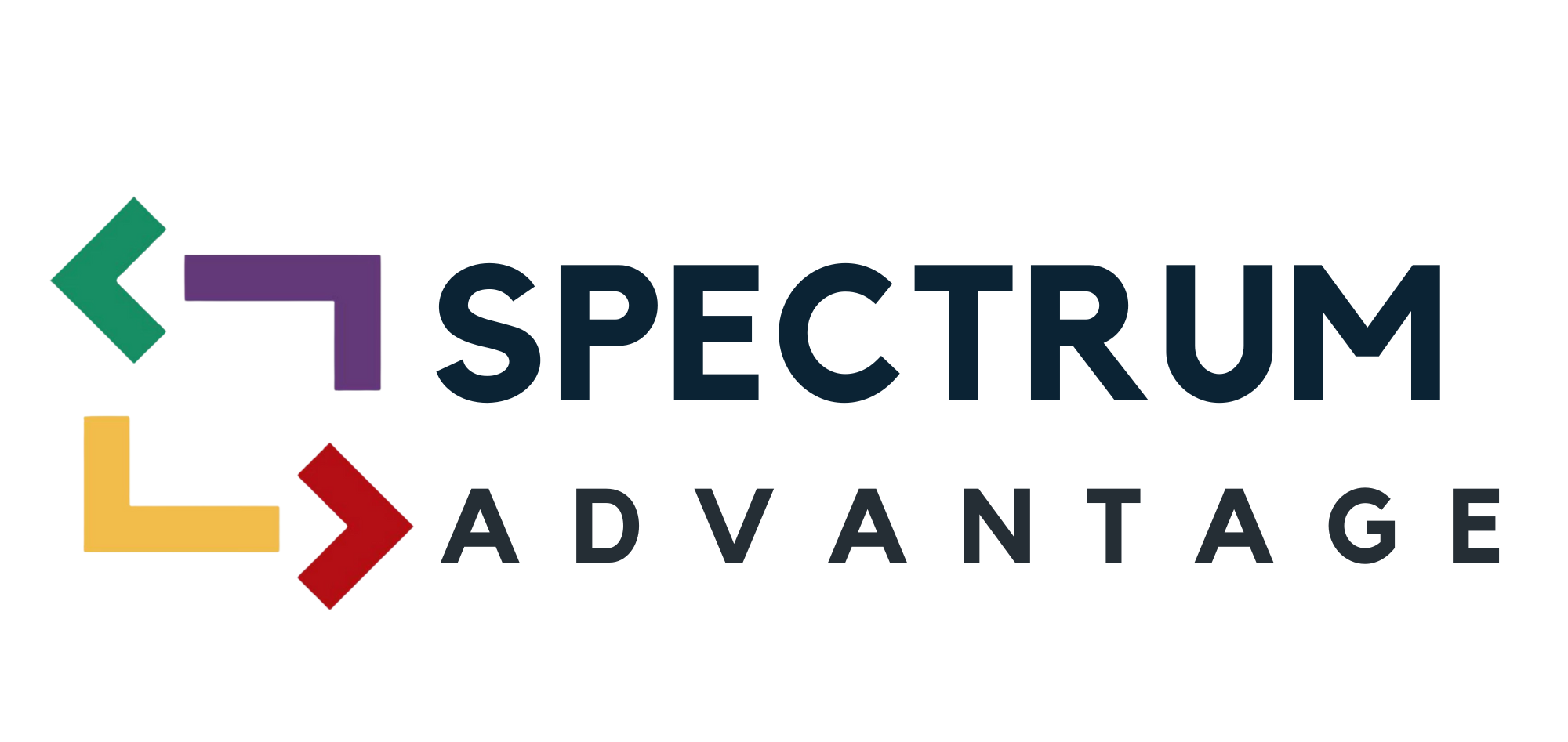Not surprisingly, our participants report that this is one of the most common comments they receive at their place of employment. Although most people do not say this out of malice, it is still not a helpful comment. The assumption that if one is really impacted by autism, others will be able to ‘see’ it leads to many other problematic assumptions. Autism is a spectrum rather than a continuum, people don’t move from more autistic to less autistic, rather their differences show up in a myriad of ways, some more obvious than others.
What most neurotypicals don’t realize is that many autistic people work very hard to not “seem” autistic. One autistic writer states “…autism is not some oppressive overlay of my “real” personality. My diagnosis means that I fall outside certain bell curves for things like eye contact, needs for structure and routine, social engagement, rigid thinking patterns, and defaulting to literal interpretation, to name a few. These traits are not always immediately visible to the observer, and others have said it—“You don’t look autistic”—with suspicion, as if I look too “well,” too “normal,” too not-autistic to actually be autistic. Somehow I need to prove, with my physical appearance or behavior, that I really am what I say I am.”
Over the last 8 years, we’ve noticed that employers are much more accommodating of individuals who are more obviously visibly impacted by autism. People whose differences are less obvious are often harder to employ and experience shorter periods of employment due to the unconscious bias that if an employee doesn’t ‘look’ autistic then “they don’t really need accommodations” or “they would be able to do it if they just tried harder”.
Research shows that autistic people can offer new perspectives and approaches to problem-solving and that diverse hiring practices contribute to a good workplace culture, employee engagement and profit.
Here are 3 things you can do to not only promote diversity, but make it a part of your daily workplace practices:
- When someone discloses that they need accommodations in the workplace, believe them. Not all differences are visible.
- Providing accommodations and keeping employees accountable are not mutually exclusive. Perhaps there is another option to carry out their work? Let your/their creativity flow! And don’t be afraid to get the help of professionals if needed.
- Normalize differences. Having neurodiverse team members can be an excellent opportunity to open-up dialogue between all employees about ways to improve workplace culture for everybody. For example, some companies provide a box of fidgets on the meeting table so that fidgeting becomes “normal” and not something that makes individuals stand out as different. Others assign someone to write notes on a whiteboard while the meeting is happening for those who are visual learners. Still other employers encourage presenters in virtual meetings to describe themselves, their clothing and surroundings for team members who are visually impaired.
Celebrating, making space for and normalizing differences is important and beneficial not only to the employees impacted, but for the workforce at large and, in the end, profitable for your company.
Want to know more? We offer a free Autism 101 presentation to employers. Contact us today! Sarah@AutismCalgary.com
[box] DID YOU KNOW? Researchers and clinicians hypothesize that symptoms of autism spectrum disorder in males and females may differ, leading many females to not be diagnosed in a timely manner.[/box]
MENTAL WELLNESS

CALM App
- Learn to meditate
- Get more restful sleep
- Video lessons on mindful movement and gentle stretching
TIPS FOR EMPLOYERS
Accessibility is more than a ramp…
Accessibility is a prerequisite to inclusion and meaningful participation for persons with disabilities in the workplace. Many employers seem to think if you can walk in the door and sit down, it’s accessible.! There is so much more to it. Hidden disabilities need accommodations too. Some examples of these are:
* Flexible time constraints
* Noise levels
* Braille
* Image descriptions and alt text
* Subtitles
* Inclusive job descriptions


